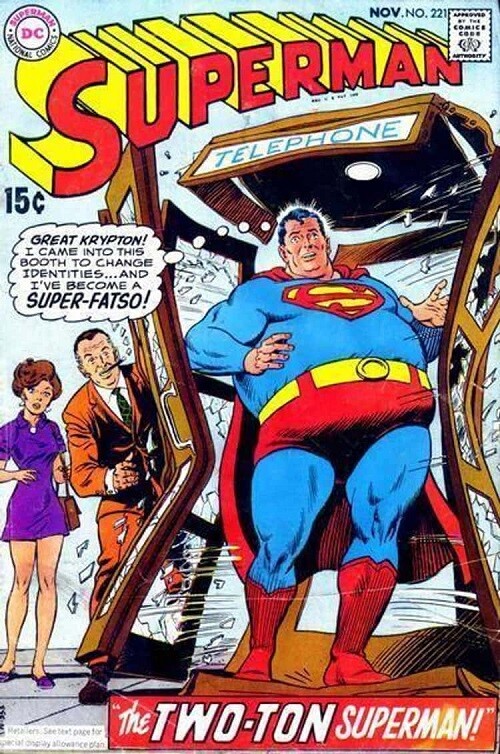It’s not just that we’ve seen this plot play out a million times in superhero stories — it’s that the drama here is completely artificial and doesn’t really reveal anything about the characters. Their relationship troubles aren’t born out of Superman Jr.’s own decisions; he’s just reacting to stuff while caught up in a century-old cliche. In this case, “the secret” isn’t even a good metaphor for hiding your sexuality or anything like that because his parents and conservative grandpa are constantly cheering him on his powers while forcing him to hide them (how often are LGBT+ teens told “You should be even gayer, but if you tell anyone about it you’re disowned”?).
It’s frustrating that the same show can jump from high-stakes action and legitimately interesting character development to pointless and repetitive secret identity drama, but that’s typical of superhero stories. And that’s per design: secret identities were created to provide shallow conflicts that could be easily repeated over and over. The concept of secret identities was popularized through early 20th century pulp magazines, which were called that because they were printed in cheapest possible paper and meant to be thrown away after reading. Early superhero comics were pretty much pulp mags with more pictures, and so they followed the same formula — every issue was written assuming the reader didn’t know or care about what happened in the previous one.
DC Comics

